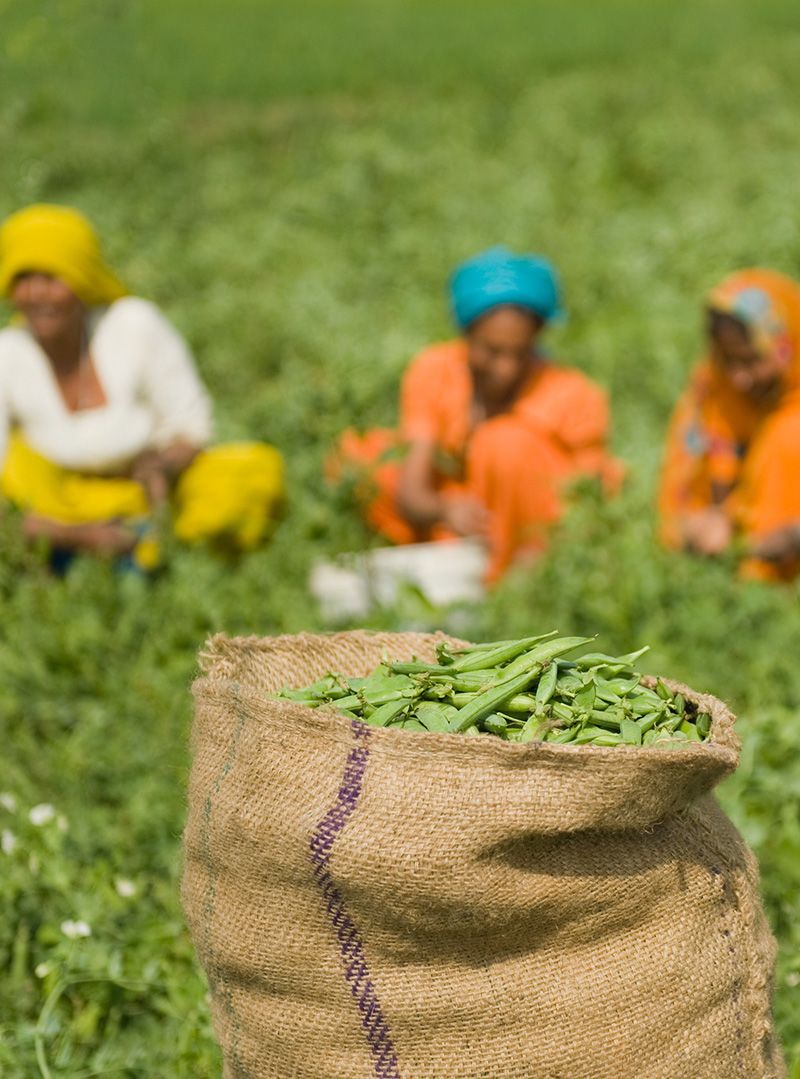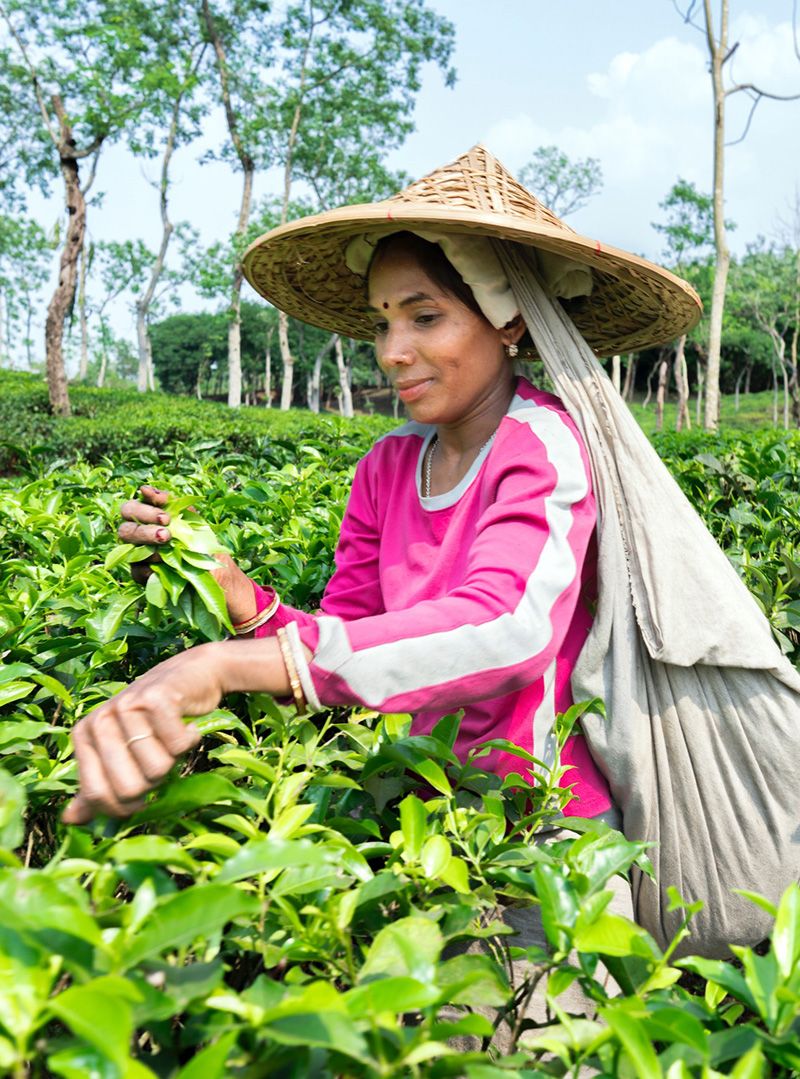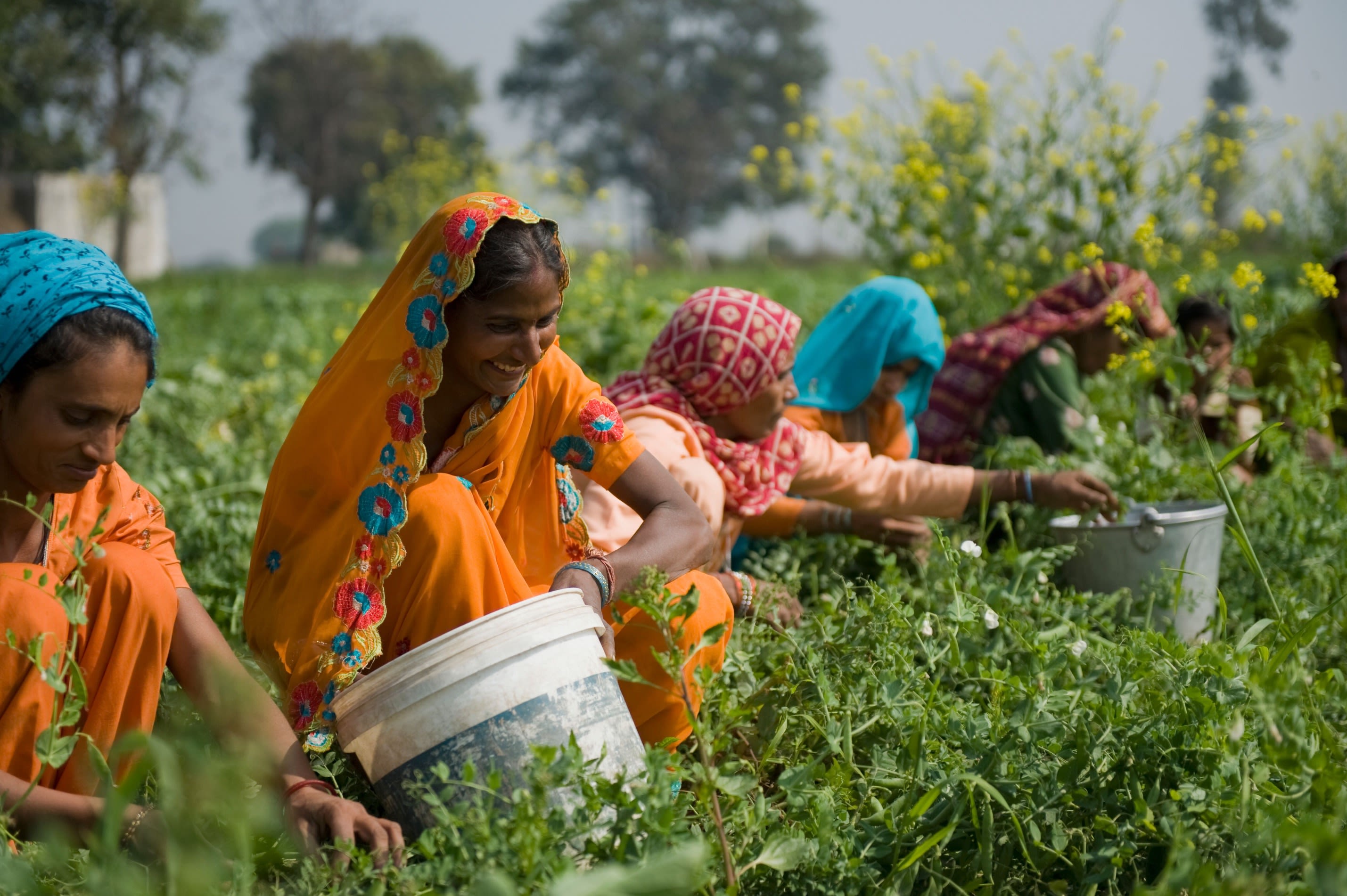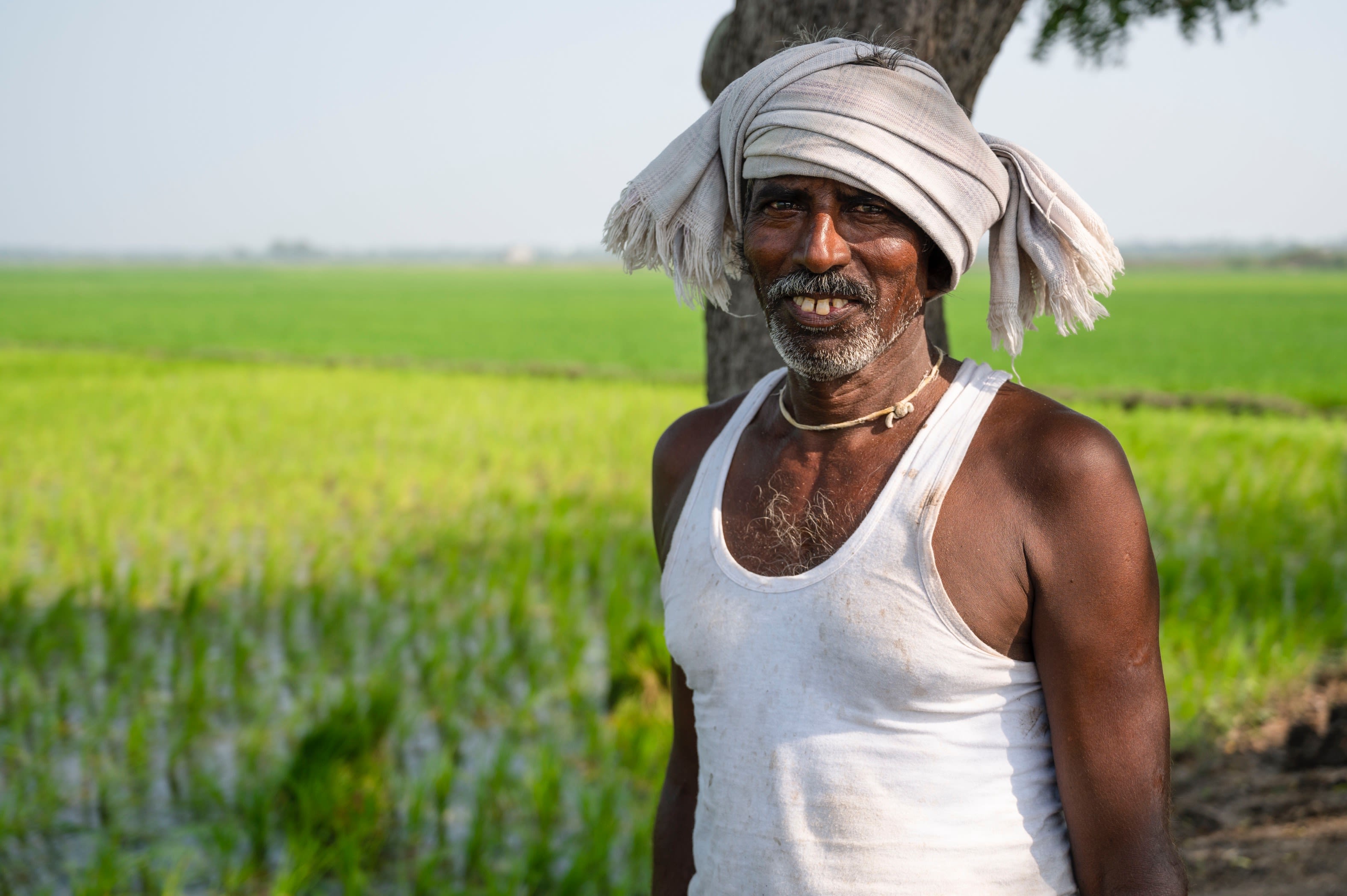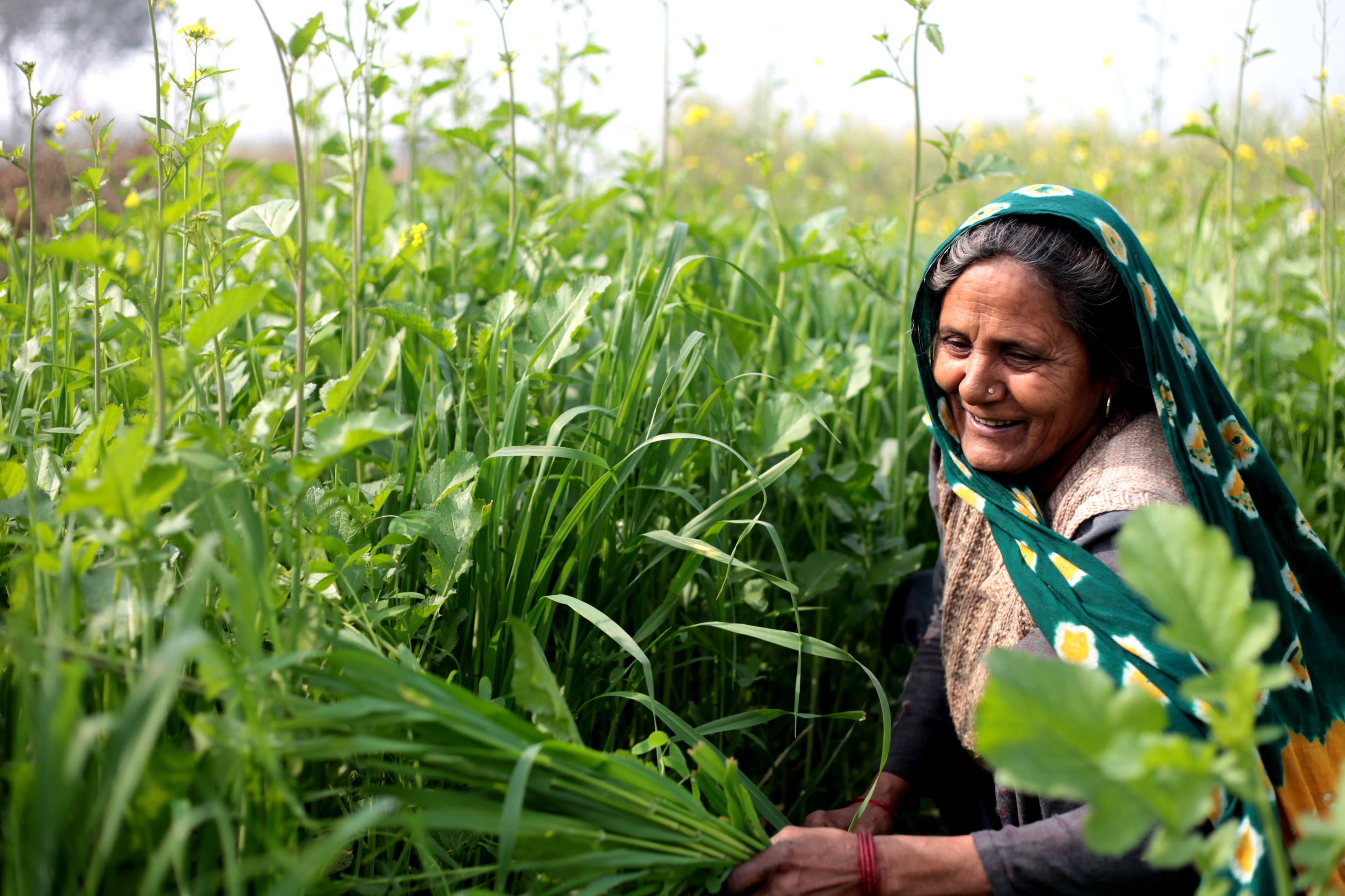Stamping out systemic labor issues in India's vegetable seeds sector
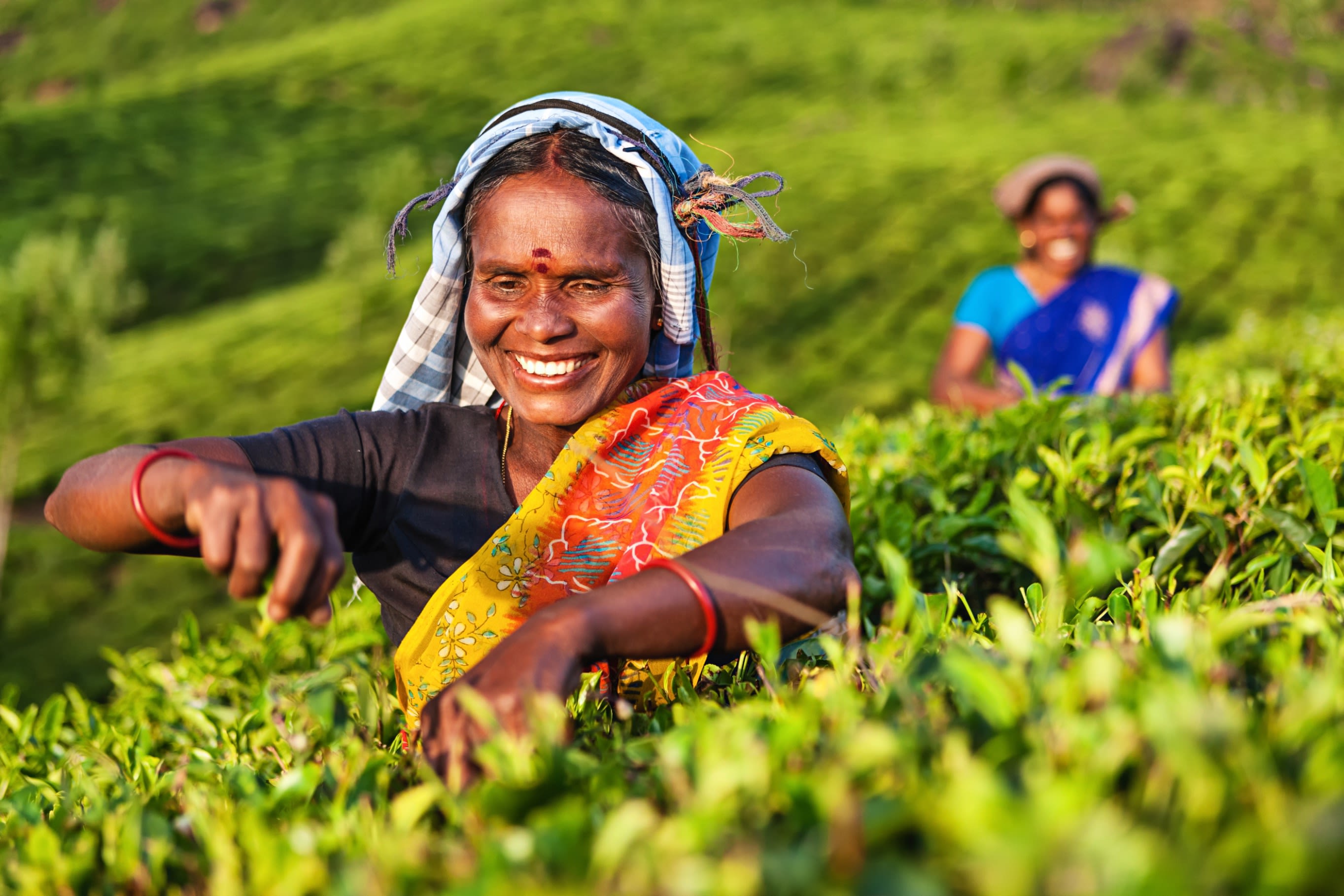
In parts of India, child labor is commonplace in the agriculture sector. Wages, as one of the driving factors behind child labor in the country’s agriculture sector, are often below the legal minimum rate. Numerous labor issues, including unsafe conditions and long working hours, have also been reported.
It’s a thorny knot of injustices to untangle. But an important effort involving the world’s leading vegetable seed companies, called Wage Improvements in Seed Hybrids (WISH), aims to stamp it out.
The initiative was recently a nominee for the Impact Award by the Dutch seed industry association Plantum, in recognition of its positive social impact.
“We have big ambitions with the outcomes of this project, extending beyond this specific region of India,” says Jason Allerding, Global Head of Health, Safety & Environment, Sustainability, and Risk Management for Syngenta Seeds.
“The WISH project should serve as a blueprint, one that other organizations can leverage to drive meaningful cultural shifts in both child labor and minimum wage standards. We’re proud to serve as role models for the wider industry.”
The WISH initiative has been recognized for its positive social impact.
The WISH initiative has been recognized for its positive social impact.
Jason Allerding, Global Head of Health, Safety & Environment, Sustainability, and Risk Management for Syngenta Seeds.
Jason Allerding, Global Head of Health, Safety & Environment, Sustainability, and Risk Management for Syngenta Seeds.
Raising industry standards
Originally a collaboration between industry leaders Syngenta, BASF, and the human rights organization Arisa, the initiative was launched four years ago.
Working closely with NGOs, government representatives and local farmers, WISH ensures that seed growers supplying these companies are meeting minimum wage obligations and treating their workers fairly. It has steadily gained momentum with a further three companies - HM.CLAUSE, Enza Zaden, and SeedWorks – joining the initiative earlier this year.
Their goals: to collectively address the challenges of child labor, promote minimum wage compliance, advance gender equality, and promote education in the vegetable seeds sector.
Sandra Claassen, Director of Arisa
Sandra Claassen, Director of Arisa
“Improving wage and labor standards is not just a matter of compliance, it also ensures that workers in the seed sector, who often perform physically demanding and repetitive tasks, are treated with dignity and respect,” says Sandra Claassen, Director of Arisa.
“Transparent and fair practices reduce vulnerabilities, particularly among women and informal workers, and establish more resilient and responsible supply chains.”
It’s ambitious work that requires an enormous amount of effort and collaboration with industry and local representatives.
“Awareness of labor inequalities, wage issues and the lack of organization among laborers is low,” Claassen says.
“Authorities are not enforcing these issues strongly enough, and not all companies are making the necessary changes to their production cost calculations to address wage issues for growers and laborers.”
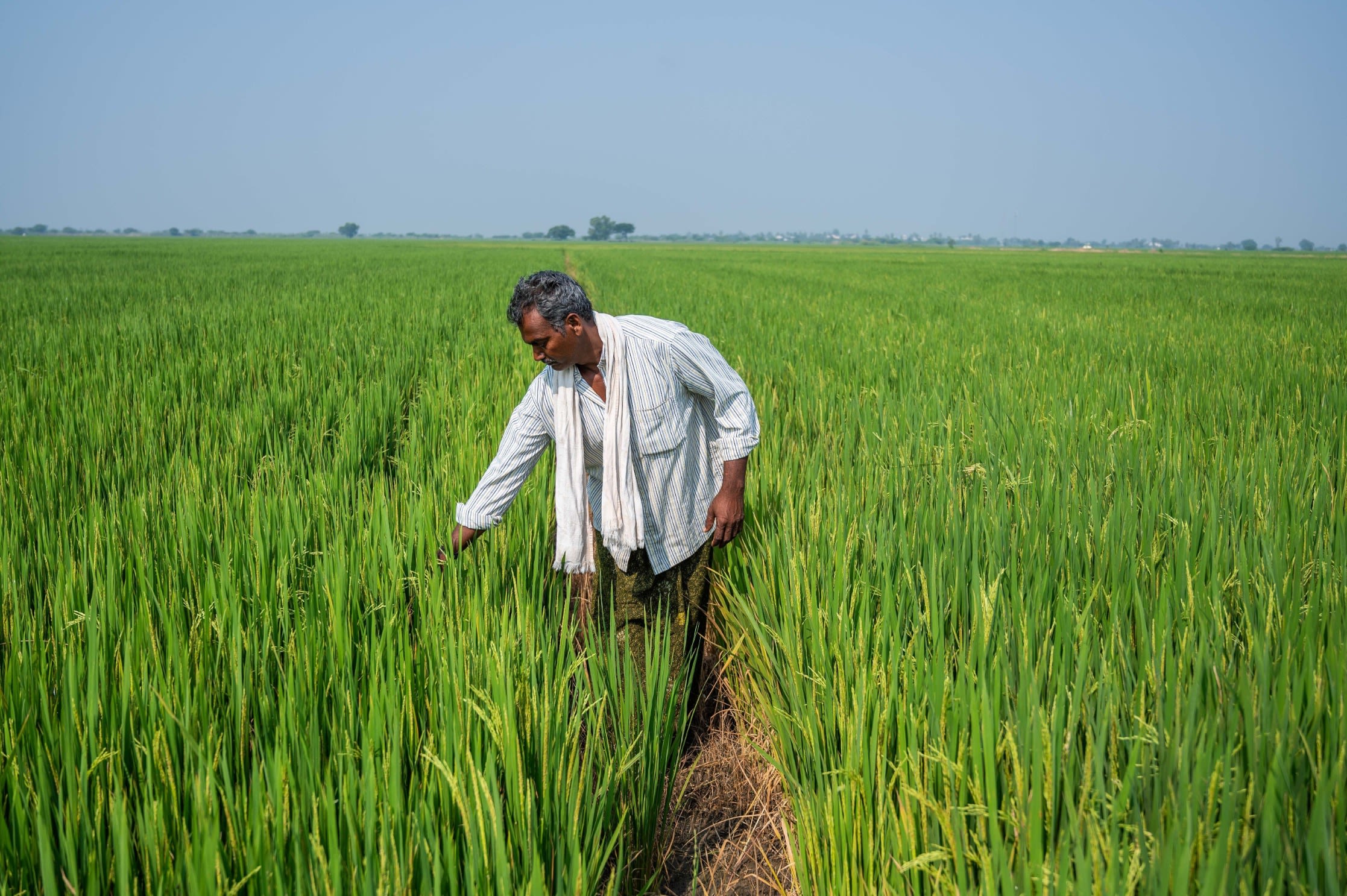
Soiled seeds: systemic issues
Ultimately, these interlinked issues required tracing them back to their roots, before trying to weed out the practices that allowed them to take hold.
That’s why the WISH initiative began with a study on the scale of child labor and minimum wage compliance issues in seed production. Researchers spoke to more than 500 growers across 28 villages in India’s Karnataka and Maharashtra regions.
They found that systemic issues, including low market wages, high absentee rates from school and lack of education opportunities, all contributed to persistent rates of child labor. The COVID pandemic further exacerbated the issue, as millions of rural families lost income and shuttered schools kept children out of classrooms.
Meanwhile, the pervasive issue of minimum wage compliance, which regularly receives less international attention than child labor, has hampered the lives of millions of agriculture workers for decades. Here, a lack of awareness about the minimum wage legislation among farmers, and a lack of organization among workers, have been identified as key roadblocks to balancing the scales towards workers’ incomes.
Breaking down barriers
Solving these issues needed a new approach. Phase two of the program involves raising awareness, training, scaling up best practices, and encouraging advocacy to make impactful changes.
“With better knowledge and confidence, workers are more able to claim their entitlements,” Claassen explains.
Systemic issues contribute to child labor, with the COVID pandemic further exacerbating the issue.
Systemic issues contribute to child labor, with the COVID pandemic further exacerbating the issue.
“Earning a minimum wage can improve their families’ living standards and reduce the economic need for child labor, allowing children to focus on education. Together, this contributes to a fairer, more sustainable working environment.”
The program also trains employers – the seed growers supplying major agriculture companies – on their legal obligations involving child and adolescent labor, minimum wage, and gender equality.
These training sessions are tailored to diverse audiences with the use of visual aids, role-play and local languages to explain complex rights and obligations. Farmers are also taught how to practically ensure compliance by verifying workers’ ages and maintaining records.
“Engaging local influencers and building trust within the community has been crucial,” Claassen says.
“By collecting structured feedback from growers, laborers and especially women participants, the relevance and impact of the training is continuously improved.”
The initiative has proved a success, reaching more than 8,000 beneficiaries.
But as the program gains momentum, these benefits are just the beginning. Ultimately, initiatives like WISH are just the stepping-stone to building a lasting meaningful impact and ensuring child labor and poor wages around the world are practices confined to agriculture’s past.


